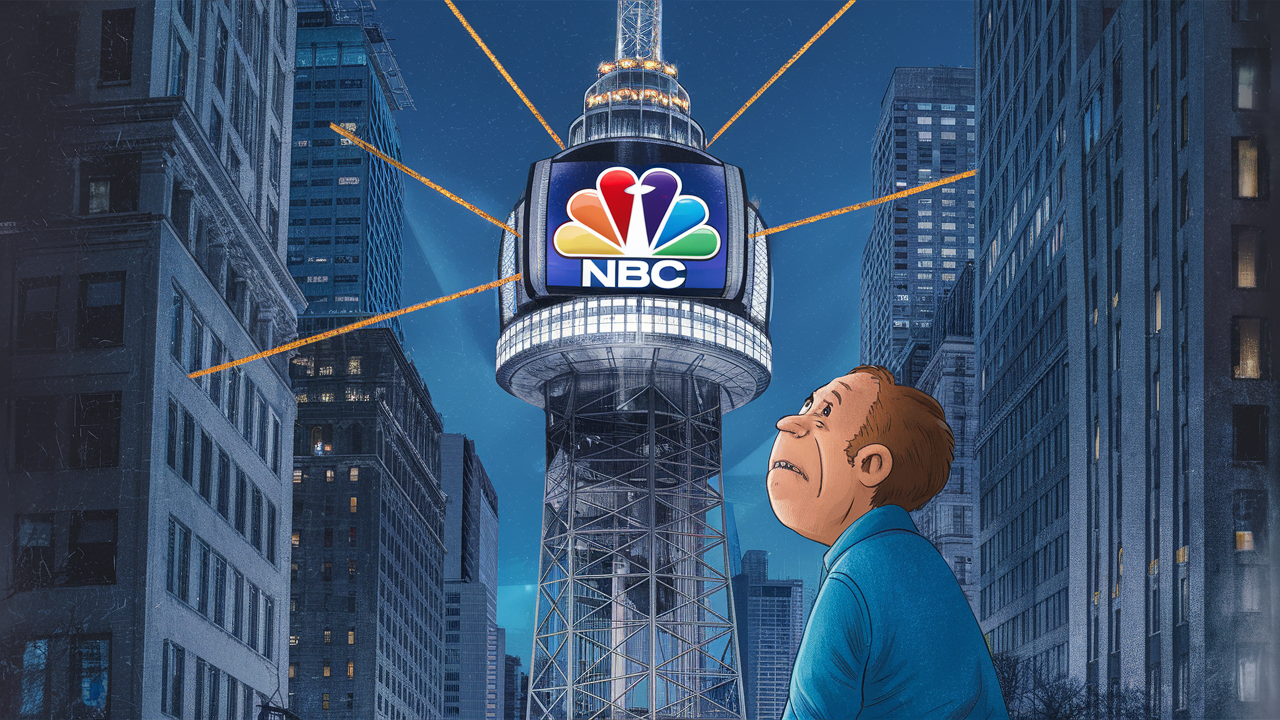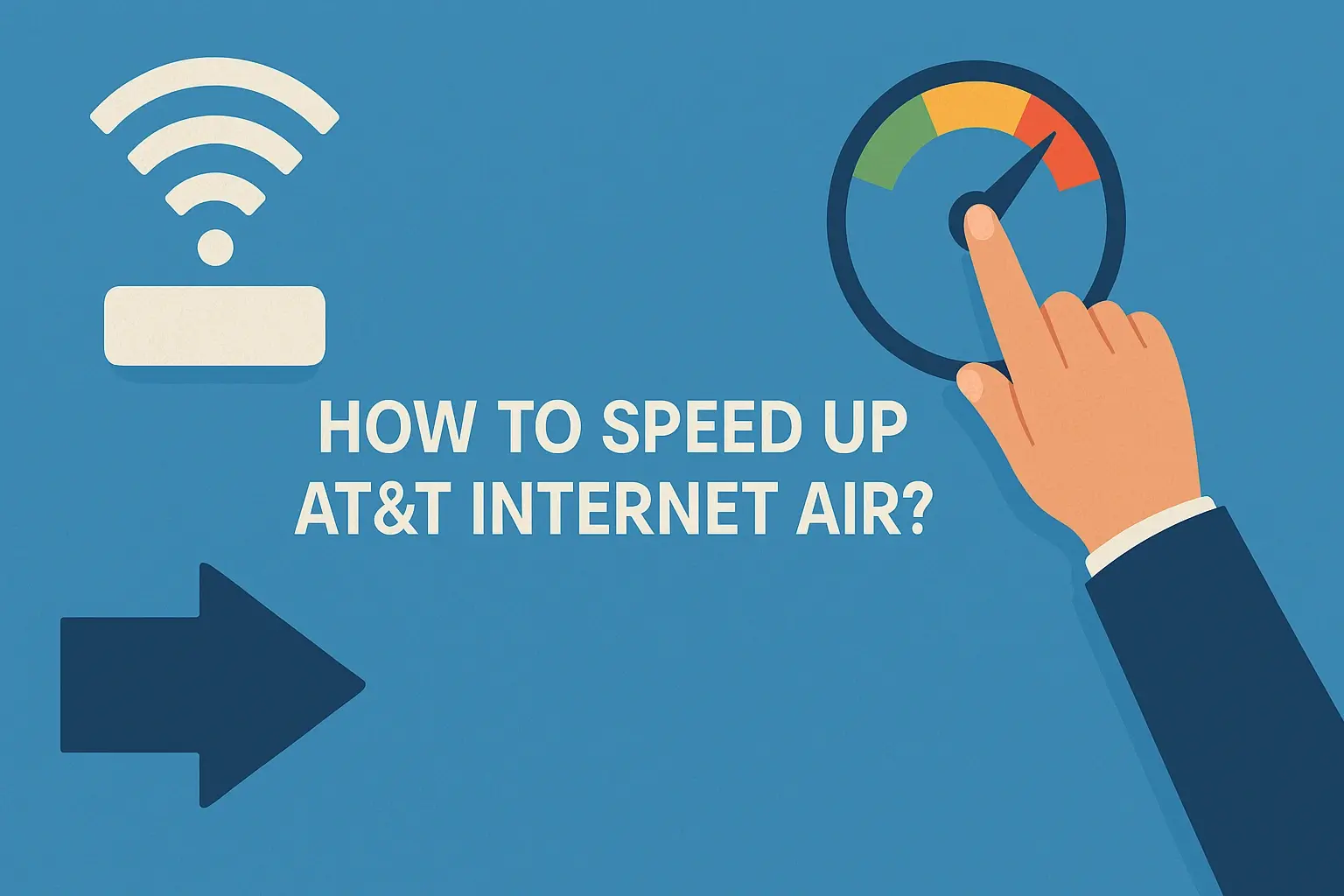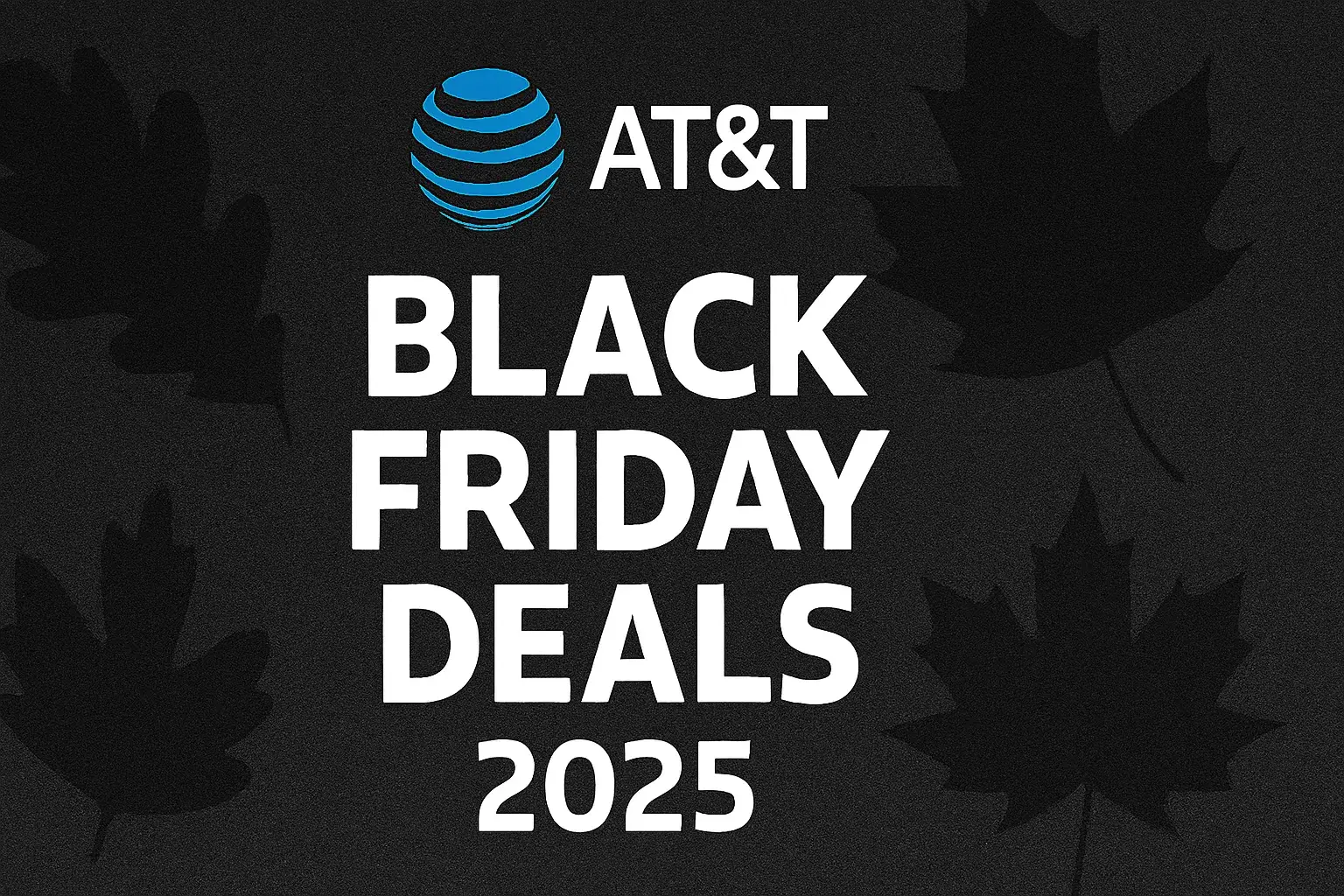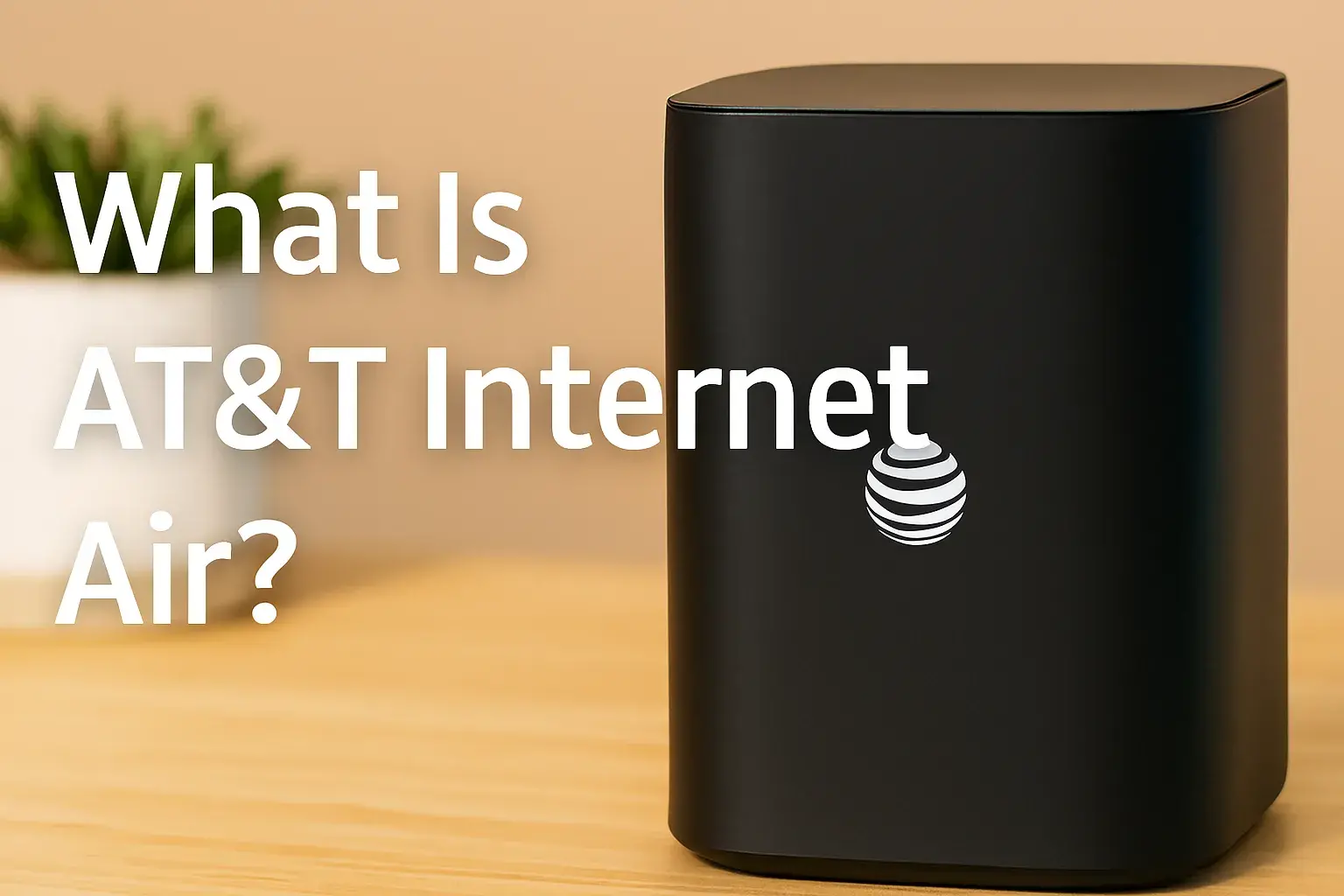Why is NBC no longer on DirecTV?

NBC is no longer available on DirecTV due to ongoing carriage disputes over retransmission fees and licensing agreements. These negotiations, common in the pay-TV industry, involve disagreements on the cost of carrying NBC's local stations and national channels, impacting millions of viewers in 2025.
The Disconnect: Why NBC Isn't on DirecTV Anymore
In the ever-evolving landscape of media consumption, the absence of a major network like NBC from a prominent satellite provider like DirecTV is a significant disruption for millions of households. As of early 2025, viewers subscribing to DirecTV have found themselves unable to access NBC's local affiliate stations and, in some cases, its national programming. This abrupt disconnection isn't a technical glitch or a minor hiccup; it's the result of a complex and often contentious negotiation process between content providers and distributors. At its heart, the issue boils down to a disagreement over the financial terms and licensing agreements required for DirecTV to continue carrying NBC's channels. These disputes, while frustrating for consumers, are a recurring theme in the television industry, reflecting the shifting power dynamics and economic pressures faced by both broadcasters and pay-TV providers in an era increasingly dominated by streaming services.
The impact of such blackouts is far-reaching. For fans of live sports like the Olympics or Sunday Night Football, news junkies relying on local NBC affiliates for community updates, or families who tune in for popular prime-time shows, the sudden loss of access can be deeply inconvenient. It raises questions about the value proposition of traditional cable and satellite packages and prompts subscribers to seek alternative viewing methods. This article will delve into the intricacies of why NBC and DirecTV are currently at an impasse, exploring the underlying economic factors, the negotiating positions of each party, and the broader implications for the future of television distribution. We'll examine the historical context of these disputes, the financial realities driving them in 2025, and the practical solutions available to viewers caught in the middle.
Understanding Carriage Disputes: The Core of the Problem
Carriage disputes are essentially negotiations between a content provider (like NBCUniversal, which owns NBC's broadcast stations and cable networks) and a distributor (like DirecTV, which provides cable, satellite, or streaming television services). The distributor pays the content provider a fee to carry its channels and make them available to their subscribers. When these negotiations break down, the content provider often instructs its affiliate stations or networks to cease broadcasting to the distributor's customers, leading to a blackout.
The Role of Local Affiliates
A significant component of the NBC carriage dispute involves local NBC-affiliated television stations. These stations, while broadcasting under the NBC banner and airing much of its national programming, are often independently owned and operated. They negotiate separately with distributors for the right to have their local signals carried. NBCUniversal, through its owned-and-operated (O&O) stations and its agreements with independent affiliates, acts as a collective bargaining unit to some extent, seeking to maximize the value of its content.
National Networks vs. Local Signals
The dispute can encompass both NBC's national cable networks (such as USA Network, Syfy, Bravo, and the NBC Sports Network, though the latter has ceased operations as a linear channel and transitioned content) and its local broadcast affiliates. DirecTV's agreement to carry NBC typically involves a package that includes both. The complexity arises because the financial terms for national networks and local affiliates can differ, and negotiations for each may be intertwined.
The Power Play
Carriage disputes are often described as a power play. Content providers, especially those with highly desirable programming like live sports or popular dramas, believe their content is essential to retaining subscribers for distributors. They leverage this perceived indispensability to demand higher fees. Distributors, on the other hand, face pressure from their subscribers to keep costs down and argue that the fees demanded by content providers are excessive, especially as viewership fragments across numerous streaming options. The threat of a blackout is a powerful negotiating tactic for both sides – for the content provider, it's the leverage to force a deal; for the distributor, it's the risk of losing subscribers.
The Financial Tug-of-War: Retransmission Fees in 2025
The crux of most modern carriage disputes, including the one between NBC and DirecTV in 2025, lies in the concept of "retransmission fees." These are fees paid by multichannel video programming distributors (MVPDs) like DirecTV to local broadcast television stations for the right to carry their signals. While broadcast TV is technically "free" over the air, broadcasters argue that the infrastructure and content production require significant investment, and they are entitled to compensation when their signals are distributed via a paid service.
Escalating Costs
Over the past decade, retransmission fees have become a substantial revenue stream for broadcasters. According to industry analysts, the total amount collected by broadcasters nationwide from retransmission fees has surged dramatically. In 2025, these fees are a critical component of broadcast networks' and local affiliates' financial models. Broadcasters often point to the immense value of their local news, emergency coverage, and popular network programming (like NBC's NFL coverage, "The Voice," or "Chicago Fire") as justification for these increasing fees. They argue that these are must-have channels for a significant portion of the viewing public.
DirecTV's Counterargument
DirecTV, like other pay-TV providers, counters that these fees have become unsustainable. They operate in a highly competitive market, facing pressure not only from other cable and satellite providers but also from the rapidly growing number of streaming services (Netflix, Hulu, Disney+, Max, Peacock, etc.). These streaming services often offer content à la carte or in bundles at a lower price point than traditional pay-TV packages. DirecTV argues that being forced to pay escalating retransmission fees for broadcast channels, which many consumers can access for free over the air, inflates the cost of their packages and makes them less competitive. They contend that NBCUniversal is demanding fees that do not reflect current viewing habits or the economic realities of the pay-TV market in 2025.
The Role of National Networks
Beyond local affiliates, the dispute also involves NBCUniversal's national cable channels. While retransmission fees primarily apply to local broadcasters, distributors pay carriage fees for national networks. NBCUniversal, as a major content producer and owner of popular cable channels, also seeks compensation for these networks. The overall package fee demanded by NBCUniversal likely includes a combination of fees for both its national channels and its network of local affiliates, making the negotiation a comprehensive undertaking.
NBCUniversal's Position and Demands
NBCUniversal, a subsidiary of Comcast, is a media giant with a vast portfolio of broadcast and cable networks, film studios, and theme parks. In the context of carriage negotiations, their primary objective is to monetize their content effectively. They view their broadcast and cable channels as valuable assets that attract large audiences, and they believe they are entitled to fair compensation for distributing this content through platforms like DirecTV.
Maximizing Content Value
NBCUniversal's strategy in these negotiations is to assert the premium value of its programming. This includes:
- Live Sports: NBC holds rights to major sporting events, including the Olympics and NFL games (Sunday Night Football). These are considered "appointment viewing" events that drive significant viewership and advertising revenue, making them highly valuable to distributors seeking to retain subscribers.
- Popular Scripted Series: NBC airs a slate of popular prime-time dramas and comedies that have dedicated fan bases.
- Local News and Community Content: NBC's local affiliates provide essential news, weather, and community programming that is crucial for many viewers, especially during emergencies.
- Cable Networks: NBCUniversal also owns and operates popular cable channels like Bravo, USA Network, and Syfy, which contribute to the overall value of the programming package.
NBCUniversal argues that the fees they are requesting from DirecTV are commensurate with the value these channels bring to DirecTV's subscribers and are in line with what other distributors are paying. They may also be seeking to align the terms for their local affiliates with those of their national cable networks, aiming for a more unified and potentially more lucrative overall deal.
Leveraging the Streaming Landscape
In the current media climate of 2025, NBCUniversal is also navigating the rise of streaming. They have their own streaming service, Peacock, which carries a significant amount of NBC content, including live sports and exclusive series. This dual strategy – maintaining carriage on traditional pay-TV platforms while also building their direct-to-consumer streaming service – gives them leverage. They can argue to distributors that if they don't pay the requested fees, consumers will simply migrate to other platforms or NBC's own streaming service to access the content.
The Demand for Increased Fees
Ultimately, NBCUniversal's position is that DirecTV is not offering sufficient compensation for the valuable content NBC provides. They are likely demanding an increase in the per-subscriber fees that DirecTV pays, reflecting the rising costs of content creation and distribution, as well as the perceived market value of their programming. Without an agreement that meets their financial expectations, they are willing to risk a blackout to pressure DirecTV into accepting their terms.
DirecTV's Perspective and Consumer Impact
DirecTV, now part of AT&T's former satellite TV business and operating independently after a spin-off, faces a precarious balancing act. As a satellite provider, they are in a mature, albeit still significant, market. Their primary concern is retaining their subscriber base in the face of intense competition from cable companies and, more critically, the proliferation of streaming services.
The Cost of Content
DirecTV's argument against NBC's demands centers on the escalating cost of content. They contend that the fees demanded by NBCUniversal are simply too high, especially when bundled with other channels and local programming. In 2025, the average cost of a pay-TV subscription is a significant expense for many households, and DirecTV is under pressure to keep these costs down. They argue that:
- Redundancy of Broadcast Content: Many of NBC's local channels can be accessed for free with an over-the-air antenna. DirecTV believes it's unreasonable to charge subscribers a premium for content that is otherwise available without a subscription fee.
- Fragmented Viewership: While NBC's live sports and major events draw large audiences, overall linear TV viewership continues to decline. DirecTV argues that paying ever-increasing fees for channels that fewer people watch linearly is not a sustainable business model.
- Impact on Package Pricing: The cost of carrying NBC is passed on to all DirecTV subscribers, regardless of whether they watch NBC or not. This inflates the price of basic packages and can lead to customer dissatisfaction.
Consumer Impact: Frustration and Alternatives
For DirecTV subscribers, the absence of NBC means missing out on a wide array of programming. This includes:
- Local News and Weather: Crucial for community information and emergency updates.
- Prime-Time Shows: Popular NBC series that many families enjoy.
- Live Sports: NFL games, Premier League soccer, and major Olympic events, which are often a primary reason for subscribing to a service that carries NBC.
This inconvenience can lead to significant frustration. Subscribers may feel caught in the middle of a corporate dispute that directly impacts their entertainment and information access. Many will explore alternative viewing options, which can include:
- Purchasing an Over-the-Air Antenna: A cost-effective solution for accessing local broadcast channels, including NBC.
- Subscribing to Streaming Services: Services like YouTube TV, Hulu + Live TV, or Sling TV often carry NBC affiliates, providing a direct alternative to DirecTV.
- Using NBC's Streaming App (Peacock): While Peacock doesn't carry all live local NBC content, it does offer many NBC shows and live sports events.
DirecTV's challenge is to manage these disputes in a way that minimizes subscriber churn. They often engage in public relations campaigns, blaming the content provider for the blackout and urging subscribers to pressure the broadcaster to return to the negotiating table. The long-term impact of these disputes can erode customer loyalty and accelerate the shift away from traditional pay-TV bundles.
Historical Precedents: This Isn't the First Time
The current situation with NBC and DirecTV is far from an isolated incident. Carriage disputes between broadcasters and pay-TV providers have become a recurring feature of the media landscape over the past two decades. These disagreements, often characterized by lengthy negotiations and frustrating blackouts, highlight the ongoing power struggle over content distribution and pricing.
A Pattern of Disagreements
Major broadcasters, including the NBCUniversal portfolio, ABC, CBS, and Fox, have all been involved in high-profile carriage disputes with various pay-TV providers, including DirecTV, Dish Network, Comcast, and Spectrum. These disputes often occur when retransmission consent agreements are up for renewal. Broadcasters, emboldened by the increasing value of retransmission fees and the growing number of national cable networks they own, tend to demand higher payments. Distributors, facing subscriber pressure and competition from streaming, push back against these increases.
Notable Past Blackouts
Several past disputes serve as significant precedents:
- Sinclair Broadcast Group Disputes: Sinclair, one of the largest owners of local TV stations, has frequently been involved in disputes with pay-TV providers. Their demands for higher fees and their insistence on bundling certain channels have led to numerous blackouts affecting millions of viewers across the country.
- Tribune Media Disputes: Tribune Media, another major station group, has also had its share of carriage disputes, impacting access to popular local news and network programming.
- Nexstar Media Group Disputes: Nexstar, the largest owner of local TV stations, has also engaged in contentious negotiations, leading to blackouts of stations affiliated with all major networks.
These historical events demonstrate a clear pattern: broadcasters leverage their local and national content to extract higher fees, and distributors, while reluctant, often eventually agree to terms to avoid further subscriber loss, albeit sometimes after prolonged disruptions. The frequency of these disputes suggests that the underlying economic and strategic issues remain unresolved.
Lessons Learned (or Not)
The recurring nature of these disputes suggests that neither side has found a fully satisfactory long-term solution. Broadcasters continue to see retransmission fees as a vital revenue stream, while distributors struggle to justify rising costs to consumers. The regulatory environment, which grants broadcasters retransmission consent rights, also plays a role. The ongoing cycle of negotiations, threats, and blackouts creates uncertainty and frustration for the end consumer, who is often left without access to channels they pay for. This history underscores the likelihood that such disputes will continue to occur as long as the current system of content distribution and compensation remains in place.
Alternatives for DirecTV Subscribers to Watch NBC Content
For DirecTV subscribers who find themselves unable to access NBC due to the ongoing carriage dispute, there are several viable alternatives to ensure they don't miss out on their favorite programming. These options range from free over-the-air reception to alternative subscription services.
1. Over-the-Air (OTA) Antenna
This is often the most direct and cost-effective solution for accessing local broadcast channels, including NBC. Modern digital antennas are highly efficient and can pick up signals from local stations within a certain range. The initial cost of the antenna is typically low (ranging from $20 to $100, depending on the type and range), and once installed, there are no ongoing fees. This allows viewers to watch local NBC news, prime-time shows, and live sports just as they would with a cable or satellite subscription.
2. Live TV Streaming Services
Several popular streaming services offer live TV channel packages that include local NBC affiliates. These services provide a similar experience to traditional cable or satellite TV but are delivered over the internet. Popular options include:
- YouTube TV: Known for its extensive channel lineup, including local NBC stations in most markets, and unlimited cloud DVR storage.
- Hulu + Live TV: Combines Hulu's on-demand library with live TV channels, often including NBC affiliates.
- Sling TV: Offers customizable channel packages, with NBC often available through its "Orange" or "Blue" base packages, depending on the market.
- FuboTV: Primarily sports-focused, but also includes NBC and other major networks in its plans.
These services typically have a monthly subscription fee, which can vary. They offer flexibility, allowing users to stream on various devices (smart TVs, phones, tablets, streaming sticks) and often provide a free trial period, enabling viewers to test the service before committing.
3. NBC's Streaming Service: Peacock
While Peacock does not typically carry live local NBC affiliate feeds, it is the exclusive streaming home for a vast amount of NBC content. This includes:
- Next-day access to current NBC shows.
- Live streaming of many NBC Sports events, including Premier League soccer, Olympics coverage, and select NFL games.
- Exclusive original series and movies.
Peacock offers a free tier with limited content and premium subscription tiers that unlock more programming. For viewers primarily interested in NBC's national programming and sports, Peacock can be a valuable supplement or alternative.
4. Other Network Apps and Websites
Some NBC shows may be available for streaming on the individual network's app or website, often with a login from a participating pay-TV provider. However, during a blackout, this option may be limited or unavailable. It's worth checking the NBC app or website for specific show availability, but it's unlikely to be a comprehensive solution for live local broadcasts.
The Future of Broadcast TV Carriage in the Streaming Era
The ongoing carriage disputes between broadcasters like NBC and distributors like DirecTV are symptomatic of a larger, seismic shift occurring in the media industry. The traditional model of bundled cable and satellite packages, while still dominant, is facing unprecedented challenges from the rise of direct-to-consumer streaming services. This evolving landscape has profound implications for the future of how broadcast television content is accessed and monetized.
Fragmentation of Audiences
In 2025, the television viewing audience is more fragmented than ever. Consumers have an abundance of choices, from niche streaming services to social media platforms. This fragmentation means that while major events like the Super Bowl or the Olympics still draw massive audiences, the consistent, everyday viewership for many linear channels is declining. Broadcasters and distributors alike are grappling with how to maintain revenue in an environment where viewership is dispersed across countless platforms.
The Value Proposition of Bundles
The traditional bundle, which forces subscribers to pay for a wide array of channels they may not watch, is increasingly being questioned. Consumers are seeking more flexibility and control over their media spending. This has led to the "cord-cutting" phenomenon, where subscribers cancel traditional pay-TV services in favor of cheaper, more customizable streaming options. Carriage disputes, which disrupt service and highlight the cost of bundled content, can accelerate this trend.
Broadcasters' Dual Strategy
Major media companies like NBCUniversal are pursuing a dual strategy: they continue to demand high fees for carriage on traditional platforms while simultaneously investing heavily in their own direct-to-consumer streaming services (like Peacock). This allows them to capture revenue from both ends of the market. However, it also creates potential conflicts. For instance, if NBC demands higher fees from DirecTV for content that is also available on Peacock, it can create friction and encourage subscribers to choose one over the other.
Potential Future Models
The future of broadcast TV carriage may involve several potential shifts:
- Increased Reliance on Streaming: More content, including live sports and local news, could eventually be exclusively or primarily distributed via streaming platforms, bypassing traditional pay-TV bundles altogether.
- A La Carte Channel Options: Distributors might offer more à la carte channel selections, allowing consumers to pay only for the specific channels they want, rather than a large bundle.
- New Forms of Compensation: The current retransmission fee model may evolve. Broadcasters might explore alternative revenue streams, such as direct consumer subscriptions for premium local content or data-driven advertising models.
- Regulatory Intervention: Given the recurring nature of these disputes and their impact on consumers, there's always a possibility of regulatory bodies stepping in to mediate or establish clearer guidelines for carriage negotiations.
The current NBC-DirecTV dispute is a microcosm of these larger industry trends. It highlights the tension between legacy distribution models and the burgeoning digital landscape, and the outcome will undoubtedly influence how broadcast content is delivered and consumed in the years to come.
Conclusion
The absence of NBC from DirecTV in 2025 is a clear illustration of the complex and often contentious nature of content distribution in the modern media landscape. At its core, the issue stems from disagreements over retransmission fees and licensing agreements, a recurring battleground between content providers like NBCUniversal and distributors like DirecTV. NBCUniversal, leveraging its valuable programming including live sports and popular network shows, seeks to maximize the financial return on its assets. Conversely, DirecTV, facing intense competition from streaming services and pressure to control costs for its subscribers, argues that the demanded fees are unsustainable and do not align with current viewing habits.
This situation is not unprecedented; historical precedents show a consistent pattern of such disputes arising when contracts are up for renewal. The impact on consumers is significant, leading to frustration and the disruption of access to local news, prime-time entertainment, and live sporting events. Fortunately, for DirecTV subscribers seeking to watch NBC, several viable alternatives exist. Investing in an over-the-air antenna offers free access to local NBC affiliates. Alternatively, live TV streaming services like YouTube TV, Hulu + Live TV, and Sling TV provide comprehensive channel packages that often include NBC. NBC's own streaming service, Peacock, also offers a substantial amount of NBC content, particularly sports and current shows.
Looking ahead, the ongoing carriage disputes underscore the broader industry shift away from traditional bundled television towards more flexible, on-





